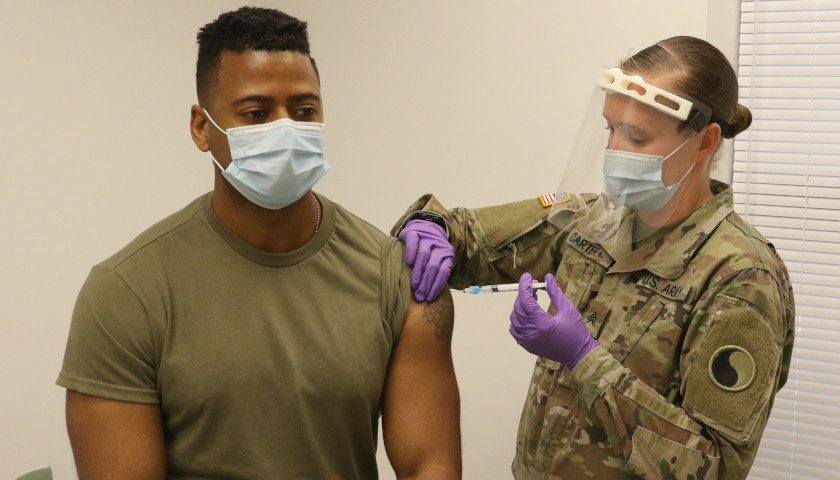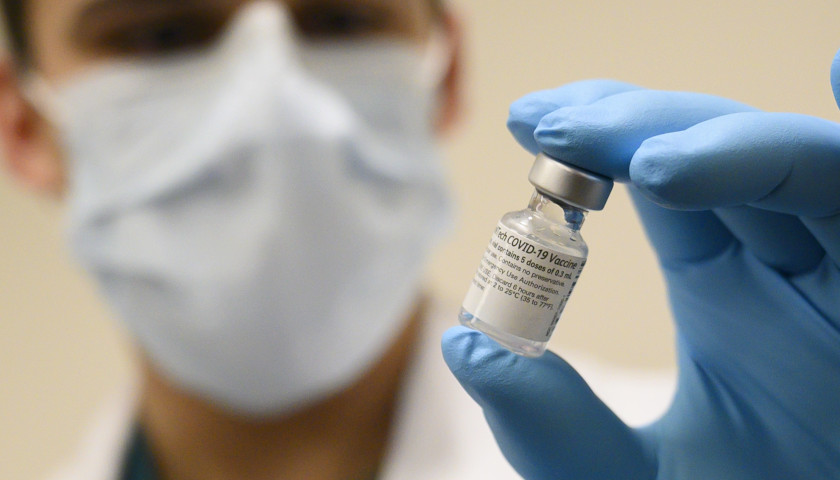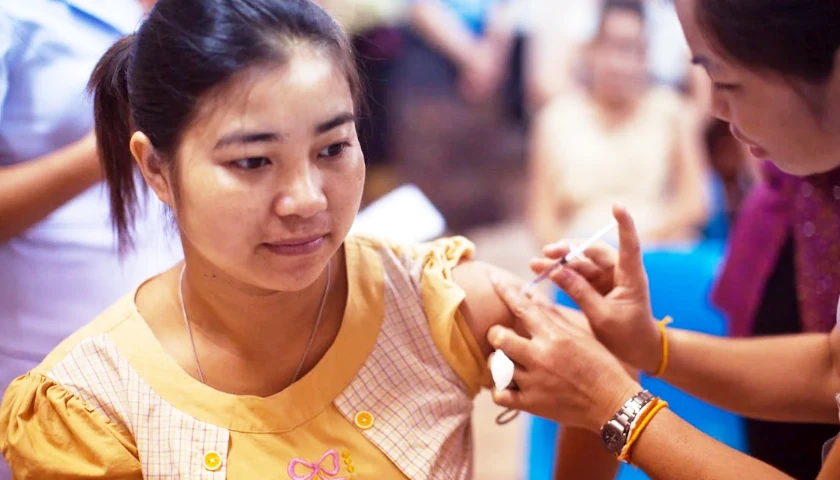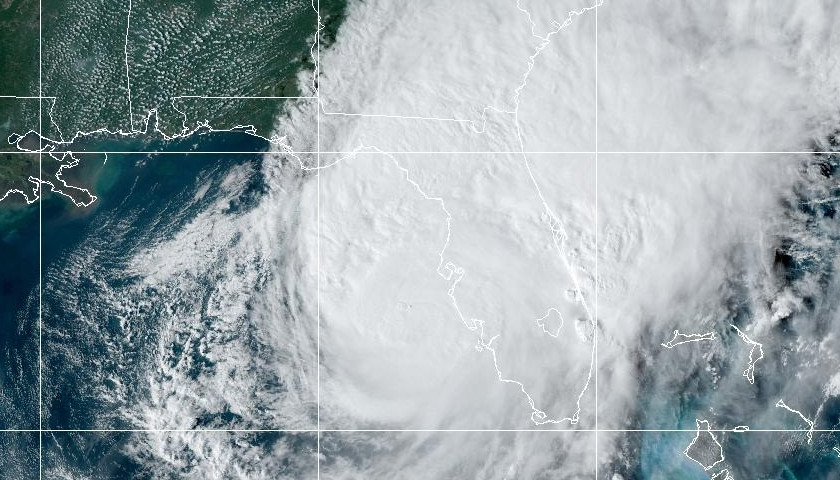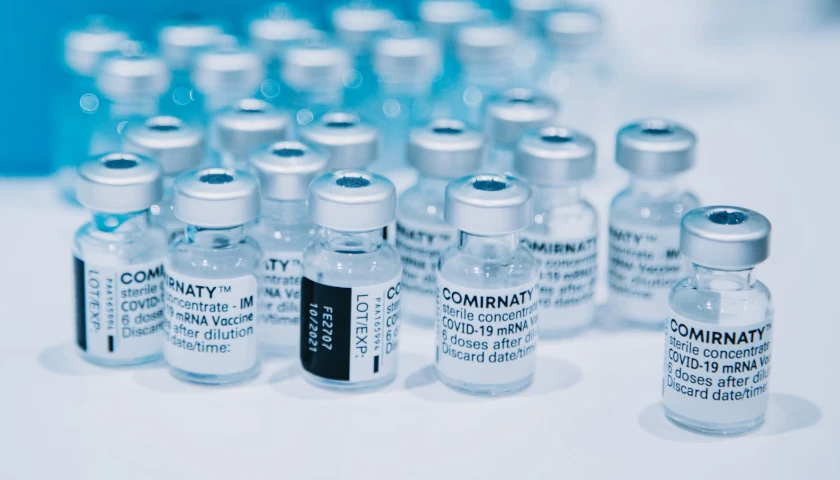The Walter Reed Army Institute of Research (WRAIR) said in a Wednesday statement that some information in a report published at Defense One on Tuesday about its vaccine production is inaccurate.
“Some recent reports about Walter Reed Army Institute of Research’s COVID-19 Vaccine Development have led to inaccurate representations which require clarification,” WRAIR said in a statement provided to The Star News Network. “Last week, the preclinical results of the Army COVID-19 vaccine, SpFN, were published in Science Translational Medicine. The Spike Ferritin Nanoparticle platform is designed to protect against an array of SARS-CoV-2 variants and SARS-origin variants but was not tested on the Omicron variant.”
The original report by DefenseOne.com claimed that “human trials show success against Omicron.”
“Scientists from WRAIR remain encouraged by the early data from preclinical studies and testing against the variants is ongoing in a neutralization assay in the laboratory,” the statement continued. “Currently WRAIR researchers are analyzing the phase 1 human trials data. Final phase 1 study results will be made public once the analysis is complete and published in a peer-reviewed journal.”
The scientific premise of the vaccine, which the Army hopes will protect against various coronaviruses, is based on a set of 24 spike proteins in the vaccine that will hopefully combat 24 of those coronaviruses.
WRAIR is reportedly working with a “yet-to-be-named industry partner” in the development of the vaccine.
The Army did not respond to a request for information about that industry partner.
Phase two and three clinical trials are set to begin in short order.
WRAIR says it’s “part of the U.S. Army Medical Research and Development Command, provides unique research capabilities and innovative medical solutions to a range of Force Health Protection and Readiness challenges currently facing U.S. Service Members, along with threats anticipated during future operations. WRAIR has created a model of vaccine and therapeutic development that is unique, nimble, and responsive to dynamically evolving infectious disease threats of military importance.”
“Leveraging WRAIR’s expertise, facilities, and international network, the Institute has helped developed [sic] many of the vaccines and drugs in use today by military and civilian medicine, around the globe. In 2018, the Emerging Infectious Diseases Branch was created with an explicit mission to survey, anticipate and counter the growing threat of emerging infectious diseases of key importance to U.S. forces in the homeland and abroad,” the Wednesday statement said.
The Armed Services are currently in the process of discharging members who have refused the COVID-19 vaccine, despite the fact that there is no Food and Drug Administration (FDA) fully approved vaccine available in the United States.
– – –
Pete D’Abrosca is a reporter at The Star News Network. Follow Pete on Twitter. Email tips to [email protected].
Photo “Vaccine Shot” by The National Guard. CC BY 2.0.

